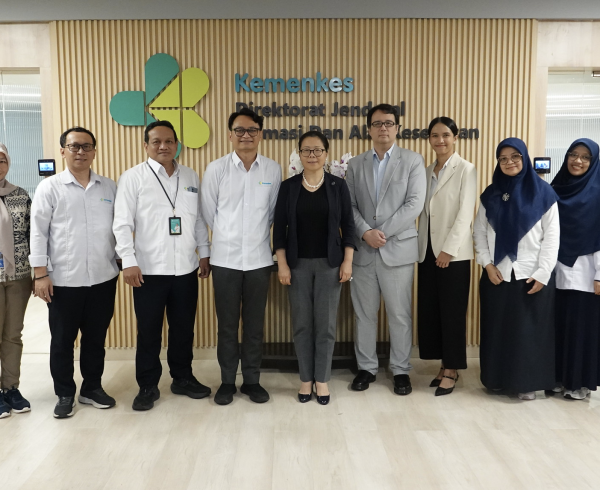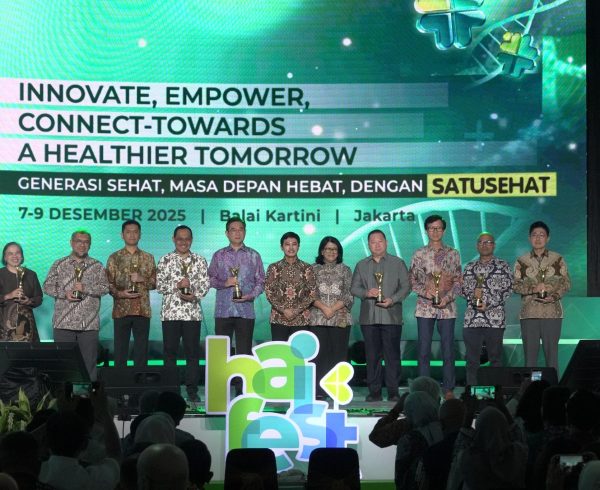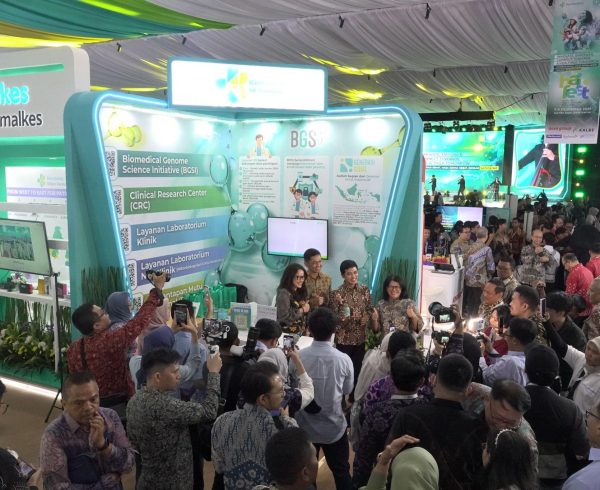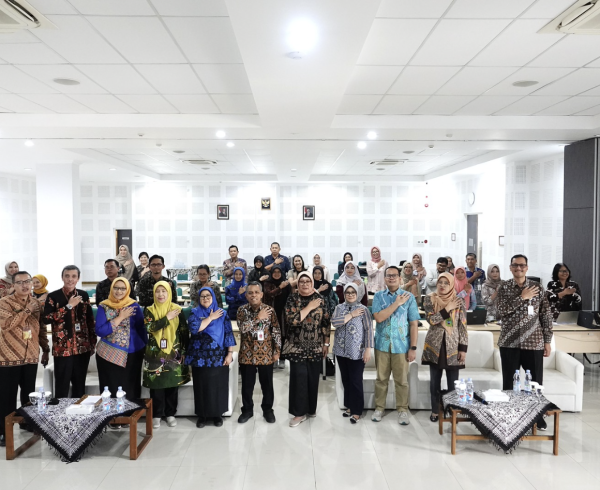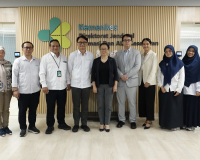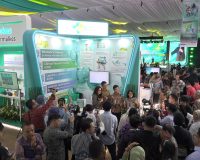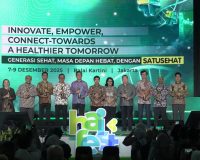Indonesia has great natural resources, especially in the development of traditional medicine. Equipped with approximately 143 million hectares of tropical forest, and estimated to have 28,000 plant species and home to 80 percent of the world's medicinal plants, Indonesia has more than 2,800 species of medicinal plants, which have produced more than 32,000 traditional medicinal herbs that have been utilized.
Indonesia's resources are not limited to natural ingredients, but also a series of health care facilities and medical personnel, as well as universities-research institutions and researchers, which are important components in the development of traditional medicine. Not only that, the national health financing system is also increasingly consolidated with JKN coverage reaching 270 million people, making it a conducive market potential for traditional medicine development.
The development of traditional medicine is important to be strengthened, especially by seeing how much traditional medicine has contributed to the handling of the COVID-19 pandemic. The Balitbangkes study noted that 79 percent of people consumed traditional medicine during the pandemic to increase endurance. In addition, the traditional medicine category in the form of phytopharmaceuticals is also used in pharmacological therapy according to the COVID-19 Clinical Management Guidelines in health facilities, which shows recognition of the importance of traditional medicine.
Currently, health development is driven by Health System Transformation to accelerate the increase in the capacity of the health system in realizing a healthy, productive, independent and equitable society. As part of the transformation of the health security system, health development will be directed at strengthening domestic production of pharmaceutical preparations and medical devices, including traditional medicines.

In line with this, at the Alana Hotel, Yogyakarta, the Directorate General of Pharmaceuticals and Medical Devices of the Ministry of Health through the Directorate of Pharmaceutical and Medical Device Resilience held a meeting to facilitate the downstream development and use of traditional medicines on June 12, 2023.
This hybrid meeting was attended by representatives from Dr. Sardjito Hospital, Prof. Dr. I.G.N.G. Ngoerah Hospital, Center for Research and Development of Medicinal Plants and Traditional Medicines (BBP2TOOT) Tawangmangu, Associations and Societies of Doctors, Pharmaceutical Industry and Traditional Medicine Industry, as well as related Ministries/Institutions.
Director of Pharmaceutical and Medical Device Resilience Roy Himawan said that the meeting aimed to establish a research-to-business matching forum in the context of traditional medicine independence and identify traditional medicine research in hospitals that have the potential to be commercialized.
In the field of strengthening the production of traditional medicines, including phytopharmacology, resilience efforts are directed at realizing the synergy of Academia-Business-Government-Community in its development, so as to realize a conducive industrial ecosystem. The Ministry of Health has formulated and implemented several action plans to achieve this, including the fulfillment of traditional medicine raw material standards, encouraging the traditional medicine industry to develop phytopharmaceutical products, as well as education and socialization of the use of phytopharmaceuticals in health services.
Director General of Pharmaceuticals and Medical Devices L. Rizka Andalusia conveyed that there are several action plan strategies in the development of traditional medicines, one of which is through meetings that facilitate the relationship between researchers and industry for the development of phytopharmaceutical products, so that it is hoped that the research that has been carried out by researchers can be downstreamed by the industry to produce phytopharmaceuticals. traditional medicine industry to be able to develop phytopharmaceutical products, as well as education and socialization of the use of phytopharmaceuticals in health services.

"I hope that through this activity we can collaborate with each capacity we have, to realize the potential of traditional medicine to advance in Indonesia. We have seen and realized the series of existing stakeholder networks, and the time has come for all these stakeholders to collaborate in one goal to bring the benefits of the potential of traditional medicine, so that the increase in the quantity and quality of traditional medicine production that we have had since the last 6 years will be sustainable to improve the degree of public health, and the resilience of our health system." Rizka said.



 Downstream Facilitation Meeting for the Development and Use of Traditional Medicines in Yogyakarta on June 12, 2023
Downstream Facilitation Meeting for the Development and Use of Traditional Medicines in Yogyakarta on June 12, 2023